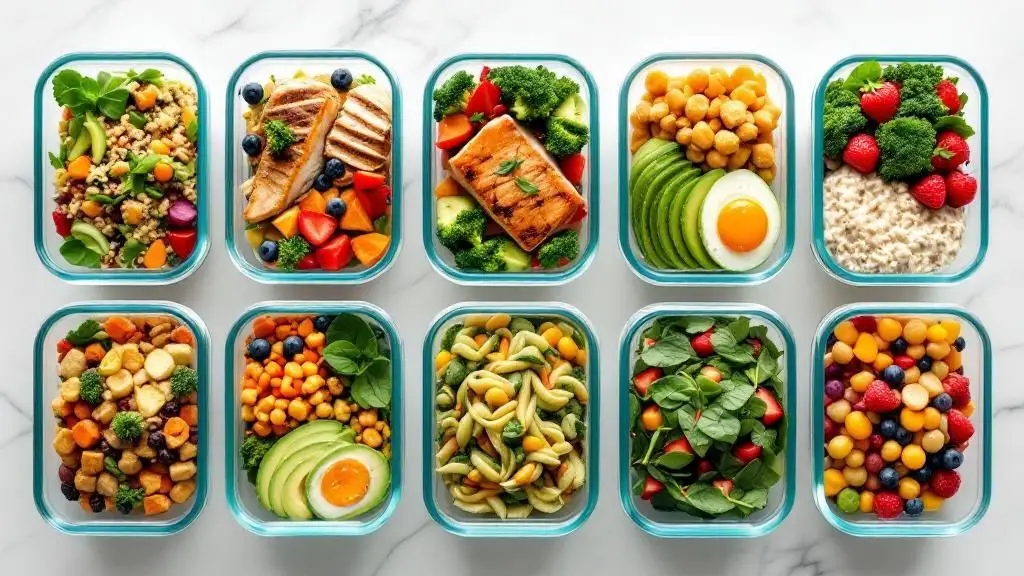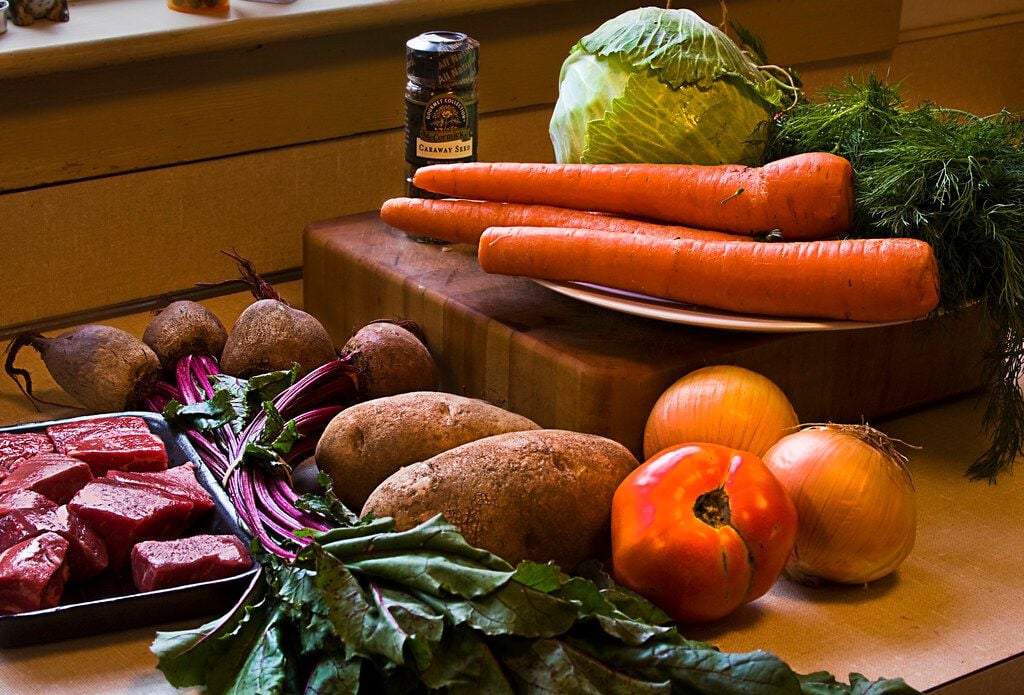
Drinking Habits That May Affect Your Stroke Risk
- Oct 17, 2024
Many people enjoy sipping on beverages like soda, fruit drinks, coffee, and others to break the monotony of daily water intake. However, two recent studies indicate that indulging in these drinks excessively might elevate your risk of suffering a stroke.
The research, conducted by the same team of scientists, was published in the Journal of Stroke and the International Journal of Stroke.
Data from the Interstroke research project, involving around 27,000 individuals from 27 countries, provided insights to the first study focusing on fizzy drinks and fruit juice consumption. The team found a 22% increased risk of stroke associated with both sugar-sweetened and artificially sweetened fizzy drinks. This risk escalated significantly when individuals consumed two or more such drinks daily. Similarly, a 37% higher risk of stroke was tied with fruit juice consumption, which tripled when people consumed two or more servings per day. In contrast, those who drank over seven cups of water daily had a reduced risk of clot-based stroke.
The same Interstroke data was analyzed for the second study as well, revealing that consuming more than four cups of coffee daily could bump up stroke risk by 37%. However, drinking less than that posed no risk. Interestingly, tea drinkers had up to a 20% lower probability of having a stroke.
At the heart of these findings, a stroke can interrupt the blood flow to the brain causing sudden bleeding in the brain, as stated by the National Heart, Lung, and Blood Institute (NHLBI). The ailment often results in injury to a part of the brain, which, despite finding ways to recover, never fully regains its initial robustness, according to Amit Sachdev, MD, MS, medical director in the Department of Neurology at Michigan State University.
The reasoning behind the increased stroke risk linked to fizzy drinks and fruit juice remains somewhat of a mystery, as the studies merely identified a correlation. Andrew Smyth, Ph.D., the lead researcher of both studies and a clinical epidemiology professor at the University of Galway, proposed that fizzy drinks might contain substances adversely affecting cardiovascular health. For instance, full sugar fizzy drinks might contribute to caloric intake and potential weight gain. Similarly, vascular surgeon Christopher Yi, MD, saw the high sugar content in carbonated drinks and sugar additives in fruit drinks as a potential cause for rapid blood sugar and insulin levels elevation, promoting inflammation.
Sachdev also shed light on other potential causes. For example, some coffee drinkers might overconsume coffee due to an underlying health issue, such as a sleep disorder. Moreover, a high caffeine intake from coffee could elevate blood pressure-a well-known stroke risk.
In light of these findings, Smyth suggests regulating coffee, fizzy drinks, and fruit beverage consumption. He recommends tea as a hot beverage option and water for a cold one. Sachdev also urges maintaining a healthy lifestyle, including a minimum of 150 minutes of moderate-intensity exercise weekly and employing a plant-centric diet. Being aware of personal and family medical history and evaluating primary stroke prevention measures is also important, especially for people with higher stroke risks, like diabetes patient or smokers.






